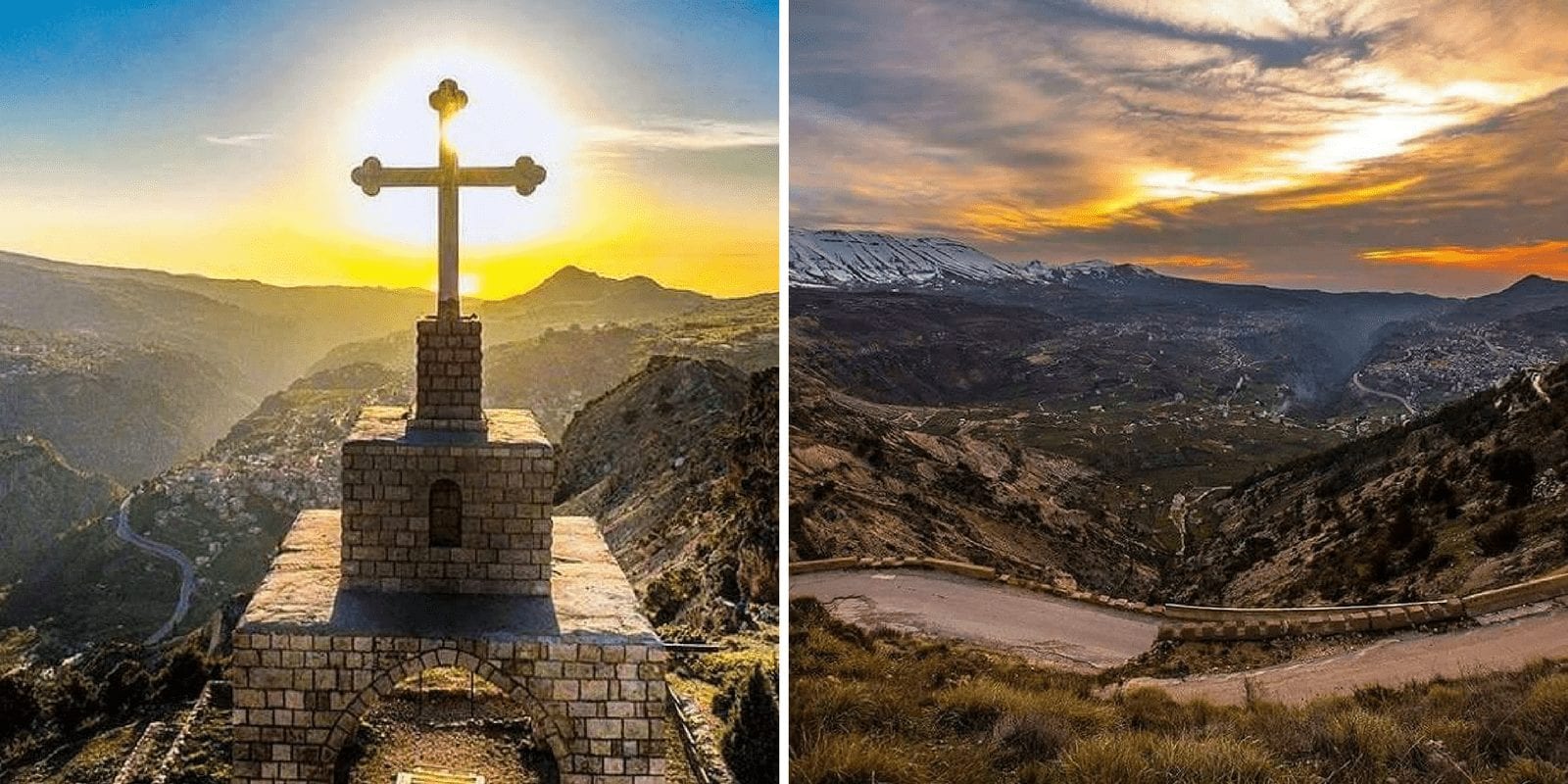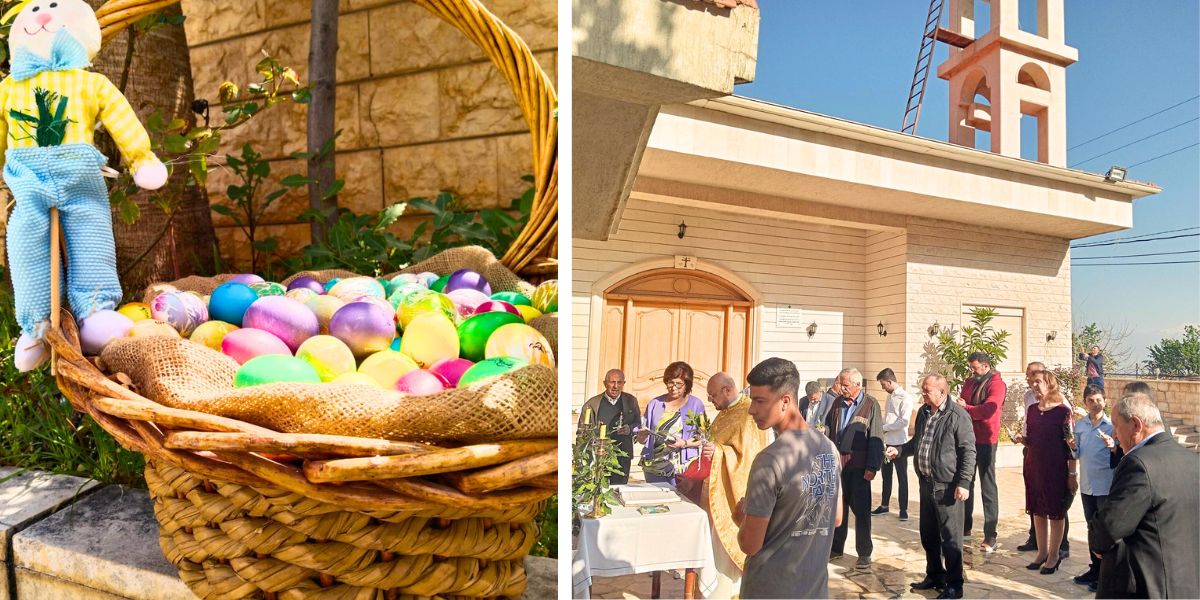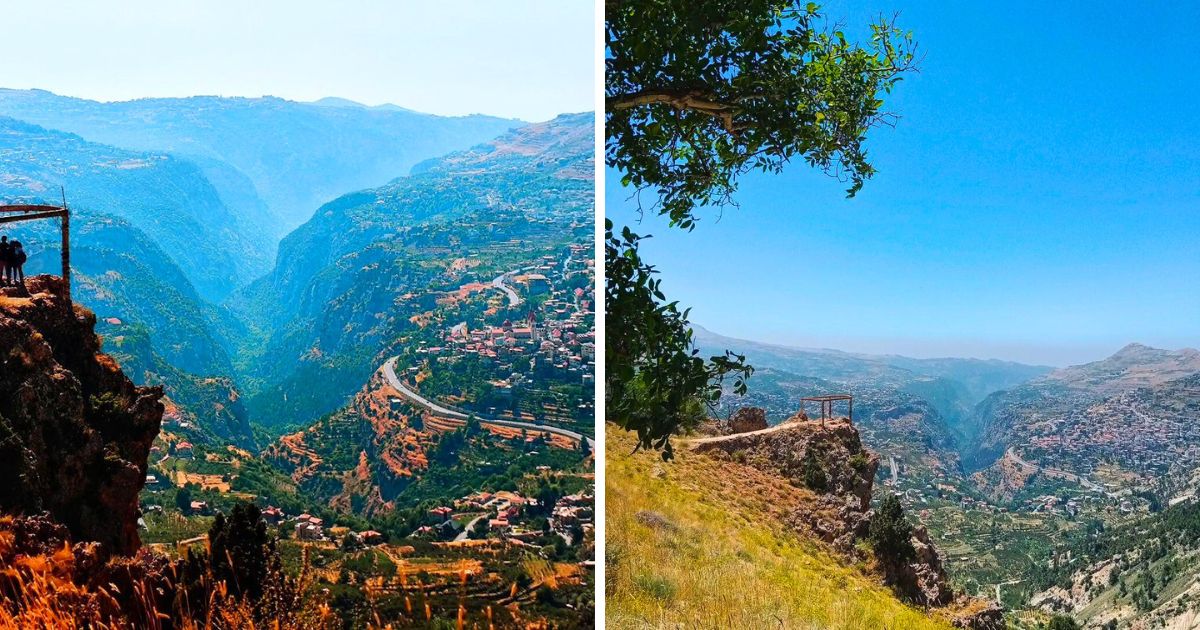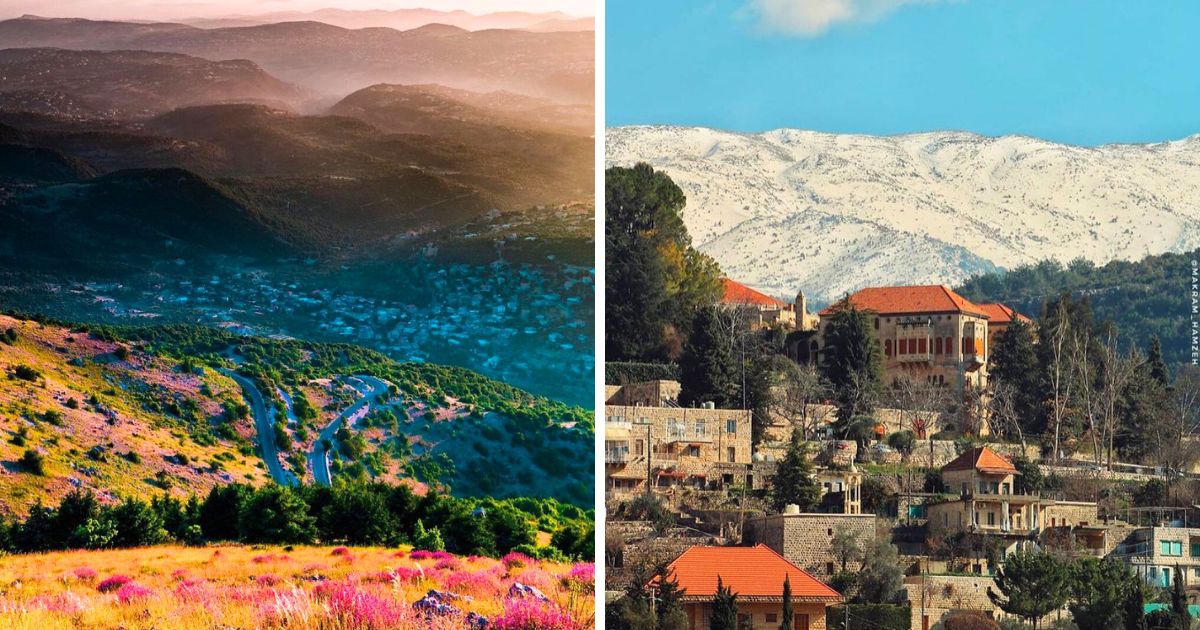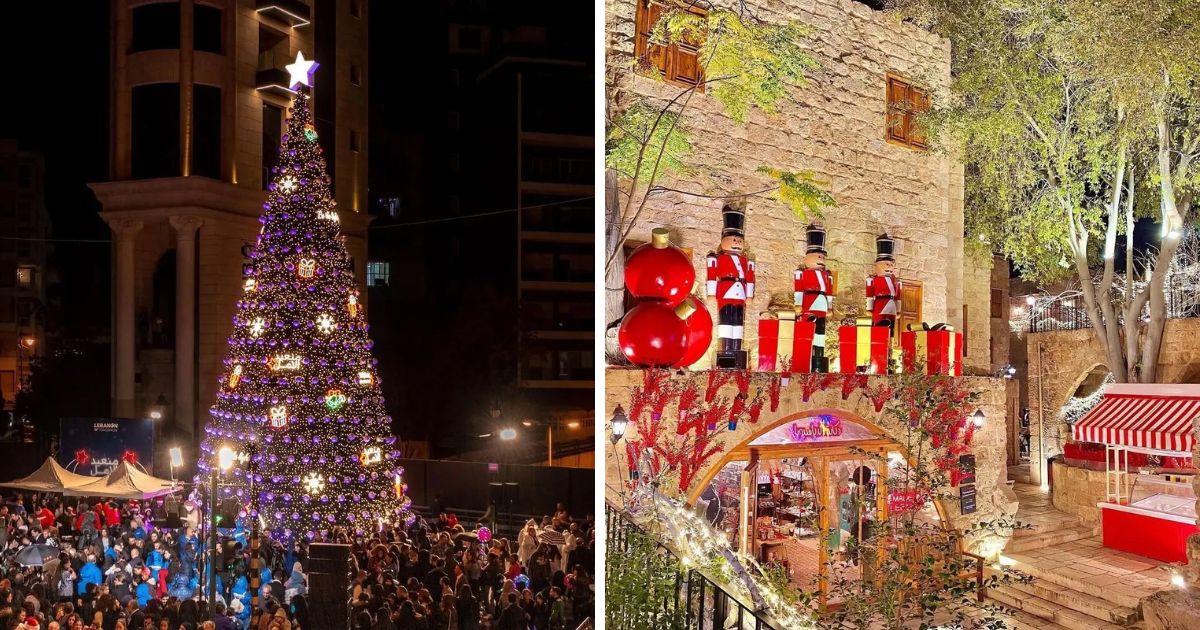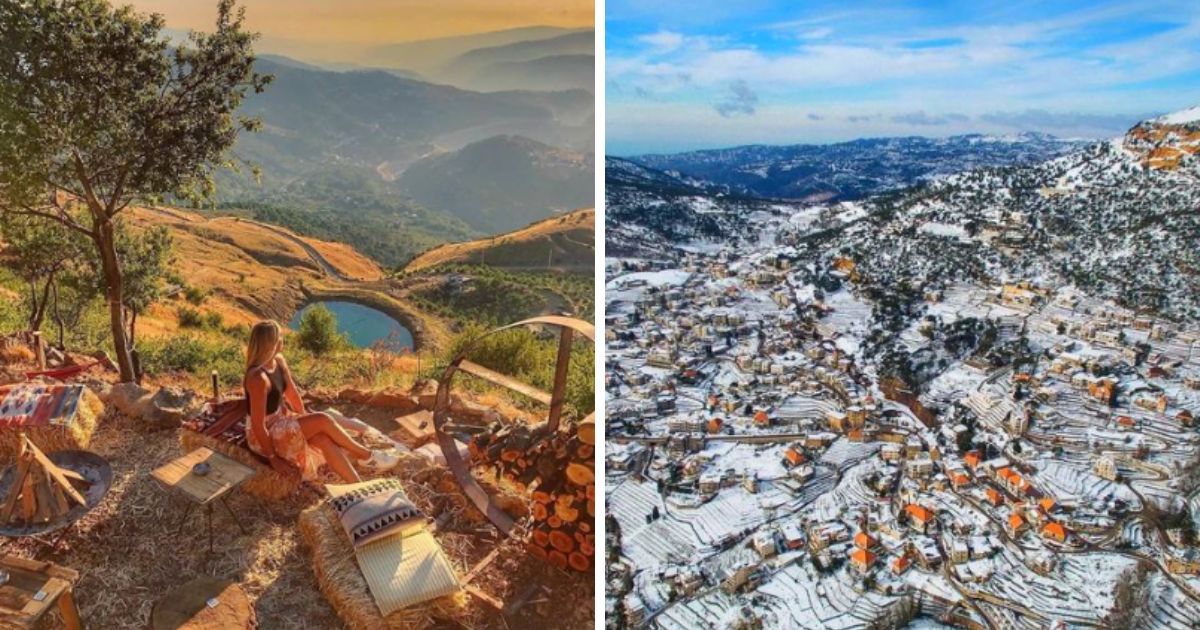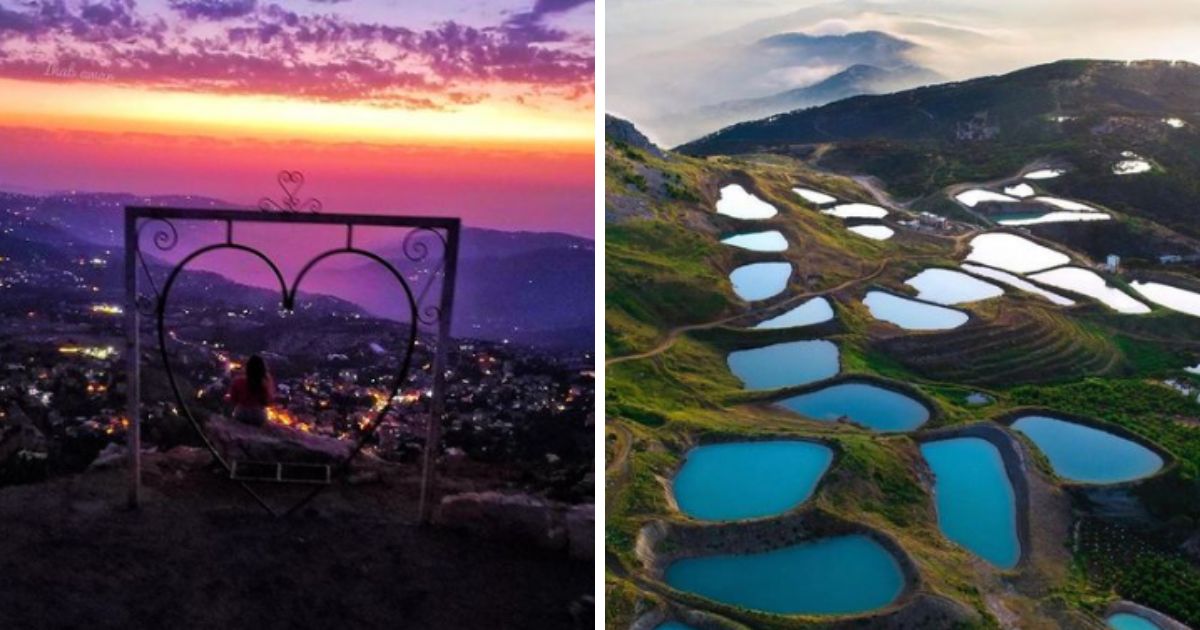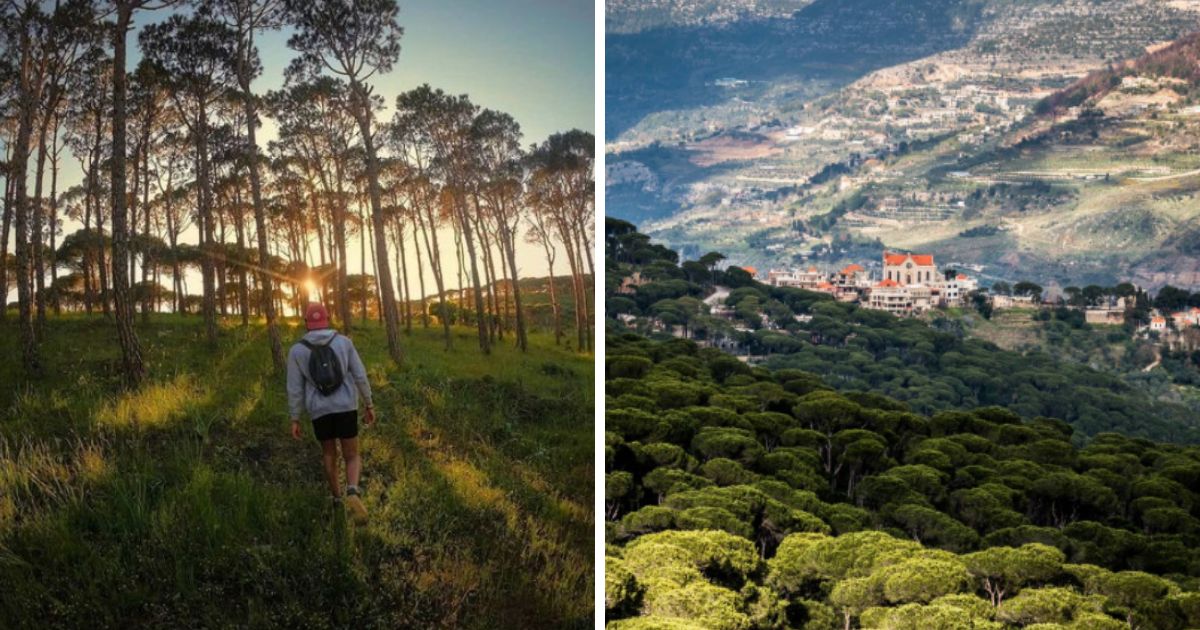Bcharre is a beautiful town in the Qadisha Valley of Northern Lebanon. With an altitude of 1,500 m (4,900 ft) and a population of just 24,000 people, Bcharre has quite a rich history.
It is the town of the only remaining, preserved, original Cedars of Lebanon as well as the birthplace of the famous poet Gibran Khalil Gibran.
The name Bcharre is found in the Phoenician language: Bet Ishtar or “The House of Ishtar.” Ishtar was a Phoenician goddess. It was also the site of a Phoenician settlement in ancient times.
Maronite Christians have a special connection and appreciation for this town. Maronites fleeing persecution sought refuge in the region in the 7th century AD. The Qadisha Valley became a spiritual center of the Maronite Church.
People from Bcharre are known to be quite courageous and are known throughout the north for their hospitality and patriotism.
Aramaic was spoken in Bcharre up until the 19th century. As a result, Bcharre natives have a recognizably strong accent when they speak Lebanese Arabic.
The people of Bcharre are often referred to as the defenders of Maronite Christianity in Lebanon – particularly for its history as well as its resistance against the Palestinian militias and the Syrian Army.
Tourist attractions and activities include the Gibran Khalil Gibran Museum, the Kadisha Valley, Kadisha Grotto, and the Cedars of God forest.
The people of Bcharre are known for their strong Christian faith so throughout the year, many religious festivities and commorations take place – attracting thousands to the town.
